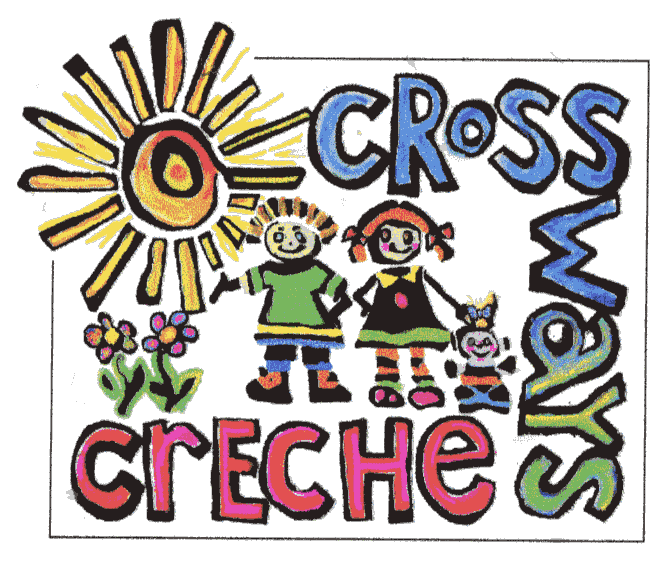Rationale: (why do we need this policy?)
When children have the opportunity to observe, interact and care for animals, it enriches learning about nature, ecology and relationships.
Animals may be brought into the Crossways environment as:
- centre pets
- for science or biology teaching
- a pet or support animal of a member of or visitor to the community.
Crossways recognises its legal obligations to animals under the Animal Welfare Act 1999 and its moral responsibilities with regard to other invertebrate animals, including the fundamental principles of care and respect.
Objectives: (What do we hope to achieve?)
- To ensure that animals at the service do not pose a health and safety risk to children
- To encourage, through example, the proper care of living things within the Crossways environment and beyond
- To provide opportunities for children to observe, handle, and care for a range of animals in humane and safe ways
- To ensure that, in any activity involving the keeping of an animal or its study, the welfare of the animal is given high priority
- To educate children by example and through discussion about the importance of caring for animals and the responsibilities this involves.
Guidelines: (How will we achieve it?)
We have a duty of care to ensure safe and hygienic handling practices are implemented for any animals at the centre, and children are supervised when interacting with animals.
Care will be taken that any animals to be brought into the creche (whether as pets or visitors) are suitable and safe to be around children (ie, do not pose a risk to children).
All animals must be able to be restrained.
There is a requirement under the Animal Welfare Act 1999 to ensure that the physical, health and behavioural needs of animals are met. The onus of care lies with the person in charge of an animal to ensure these needs are met in accordance with both good practice and scientific knowledge. This means that responsibility for the welfare of animals rests with the teaching team and centre management.
All living creatures at Crossways will be treated with care and respect.
Animals’ basic needs will be met according to the conditions needed for that particular species, including:
- Freedom from thirst, hunger, and malnutrition (including during weekends and holidays).
- Freedom from discomfort and lack of shelter (by being provided with appropriate cages or containers that are properly ventilated and hygienic and do not allow exposure to extremes of noise, draughts, and sunlight).
- Freedom from injury, disease, and parasite infestation (by prevention or rapid diagnosis and treatment)
- Diseased or injured animals will be treated promptly; if this is not feasible, they will be humanely destroyed.
- Freedom from distress (through proper care and handling).
If appropriate care and facilities cannot be provided, animals will not be kept.
Native animals will be kept only if Crossways can meet the requirements of Wildlife Act 1953. In general, a permit from the Department of Conservation is required to keep any species of native animal (including invertebrates such as wētā).
References: Health and safety practices for early childhood centres Criterion HS16 - Animals (https://www.education.govt.nz/early-childhood/licensing-and-regulations/the-regulatory-framework-for-ece/licensing-criteria/centre-based-ece-services/health-and-safety/hazards-and-outings/hs16-animals/) Animal Welfare Act 1999 Wildlife Act 1953 Policy on animals for ECE centres and schools scienceonline.tki.org.nz MidCentral Public Health Service – Health and Safety Guidelines for Early Childhood Education Services (2014) February 2018 Quality Area 3 | Keeping pets and animals in education and care services, acecqa.gov.au
Approved date: April 2021 Review date: April 2024